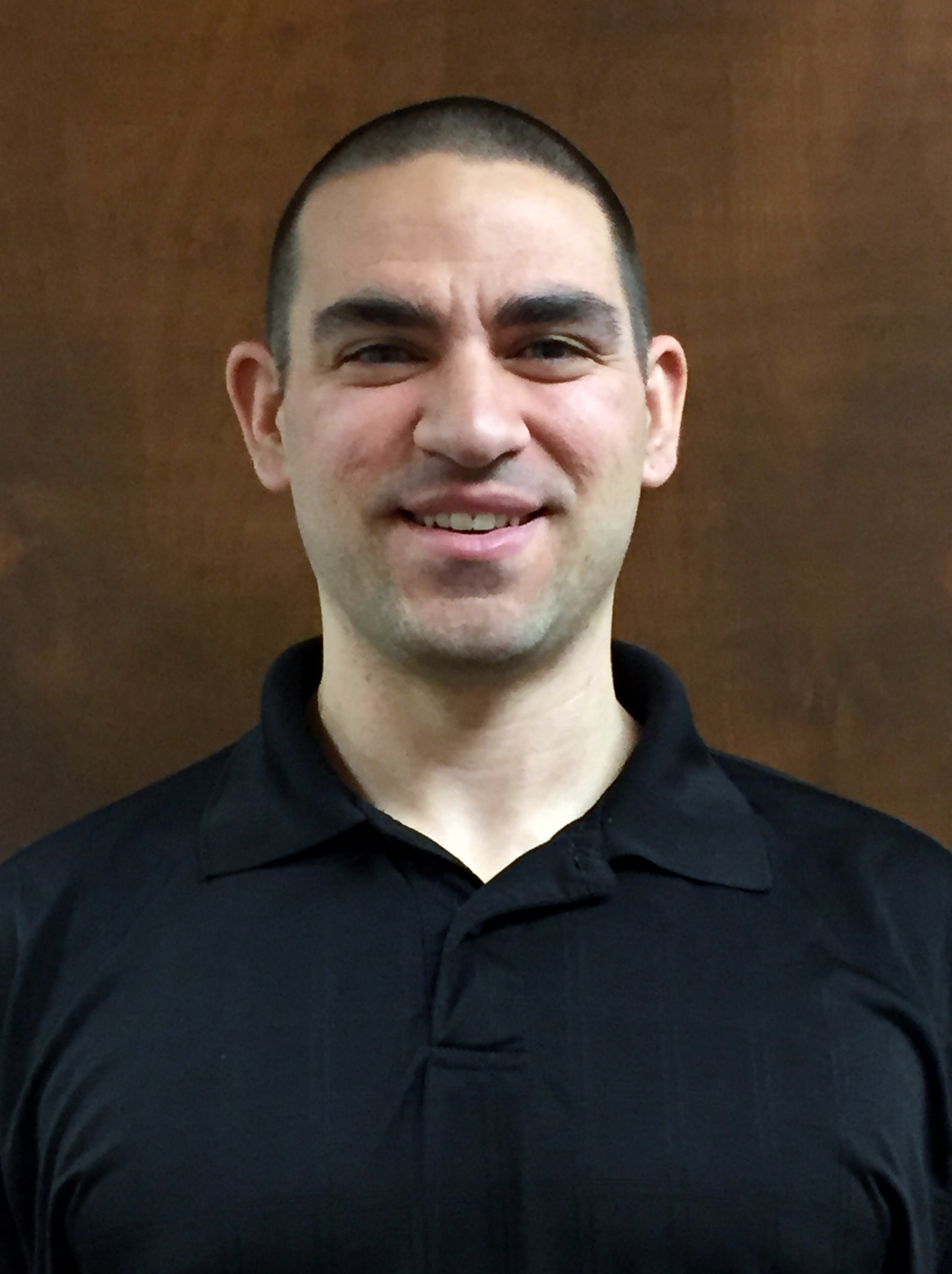Problem Gambling and Co-Occurring Disorders Posted On
We’re coming to the end of March, but continue to celebrate problem gambling awareness month by discussing possible co-occurring disorders. It’s important for everyone to know that problem gambling may not exist on its own. Problem gambling may be one of the mental health disorders that someone is struggling with, known as co-occurring disorders.
Problem Gambling & Co-Occurring Disorders
Many studies are now revealing that people who struggle with problem gambling may also be struggling with other mental illnesses. A person dealing with more than one mental illness means they have co-occurrig disorders. Co-occurring means occurring together.
A study found that of people struggling with a gambling disorder:
- over 60% also have a personality disorder,
- over 49% also have a mood disorder,
- and over 41% also have an anxiety disorder (Petry et al, 2005).
Not all people struggling with problem gambling will also struggle with these different mental illnesses, but they may. If someone is struggling with a gambling problem as a co-occurring disorder, they could benefit greatly by seeking professional services for help.
Mental illness
The national alliance on mental illness of New York State defines mental illness as a medical condition that disrupts a person’s thinking, feeling, mood, ability to relate to others, and daily functioning. Although that is a long definition, the most important piece is that it is a medical condition that affects people’s lives. Medical conditions are problems that can be treated by medical professionals. That means that someone that is struggling with problem gambling, and any other mental illness as a co-occurring disorder, can seek help through professional services.
Why Help Those In Need?
As a mental illness, a person struggling with problem gambling may need to seek services for help. For instance, if their gambling is affecting how they feel about themselves, this can affect their mood. If their feelings about themselves are not good, their mood may be sad or angry. I they’re sad or angry, they may have difficulty maintaining positive relationships with others. These other people can include their spouse, children and coworkers. If they’re struggling to have positive relationships with the important people around them, they may struggle to find joy and success in their day-to-day lives.
Helping people who struggle with problem gambling is important. Especially since Nearly 37% of those experiencing a gambling problem and 50% of those diagnosed with gambling disorder have had suicidal thoughts. Over 17% of these individuals have attempted suicide (Moghaddam et al, 2015). This is why there are professionals available at local Problem Gambling Resource Centers throughout New York State.
Continuing After March
We hope to continue the momentum of raising awareness of problem gambling, and getting help to those in need after March. To help continue reaching out to our communities throughout the year, please connect families to our Family Toolkit. This toolkit offers a number of resources to help families negatively affected by problem gambling and connection to helpful services.
We can also continue to help people throughout New York State by screening individuals for signs of gambling disorder. Our Screening Toolkit is intended for professionals in the field. These professionals can ask a few questions and possibly identify people who may have a problem with gambling. Screening people can help identify those in need and connect them with help.
We hope everyone helps continue to raise awreness of problem gambling. The more aware everyone is, the more people we can connect to help across our wonderful state. We can all do a little part and, together, make a huge difference in our state and in the lives of those we help.

